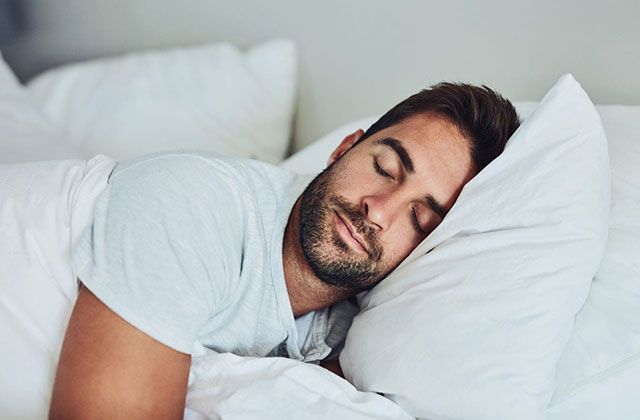Feeling tired of being tired? A lot of people notice the effects of poor sleep but don’t know where to begin to correct it. Even though the National Sleep Foundation recommends that adults should sleep between seven to nine hours per night, a lot of adults get less than that.
It’s no secret that since the COVID-19 pandemic, it has become a lot tougher to prioritize sleep. With stresses that may keep you up all night, with work-from-home becoming a work-at-all-hour-from-home, and with worrying news that infuses fear into your head and thoughts that make you worry before you hit the bed. All these things add up to restless sleep.
The good news is that there are before-bed practices you can work on to help you get more sleep. Take a look at your bedtime routine, and get rid of habits that you normally do right before you get to bed and close your eyes.
1. Bingeing before bed
We are not talking about watching your favourite tv-series here. We are talking about your dinner, the food you just ate before bed, desserts, and midnight snacks. Your body needs time to digest all the food that you have consumed before you lie down, otherwise, you will likely have indigestion and heartburn, which can interfere with the quality of your sleep.
When your stomach is so full, acid can come up into your esophagus and cause heartburn. Lying down compounds the problem since the gravity won’t be able to aid in keeping the stomach acid in place.
2. Working up a sweat before bed
Exercising at night, like taking a long walk, run, or bike ride around your house before you go to bed can make it difficult for you to fall asleep. Intense exercise raises the temperature of the body and triggers the release of endorphins and raises the levels of cortisol. Doing this at any other part of the day will cause no problem and will be good for you, except when you are longing for a good sleep. People who exercise regularly are reported to sleep better. But for you to sleep at night, your core body temperature needs to go down. All the endorphins released from doing an exercise at night will keep on bouncing on your brain, making it harder for you to unwind and fall asleep.
Exercises are good for you, so continue to do them regularly. Just make sure to do your heavy-duty workouts for at least 1 to 2 hours before bedtime. You might also want to consider exercises that you can incorporate into your bedtime routine that will help you unwind, like doing some easy stretching or yoga stretches.
3. Overdoing the nightcaps
Consuming alcohol right before bed to help you sleep better is not true. While drinking alcohol can make you feel drowsy, several studies point out that it disrupts your ability to go into and remain in a deep and restful sleep state.
Try limiting your alcohol intake to the early evening, or not drinking at all at night. Beyond this time, your body won’t be able to digest the alcohol before you get to bed and will disrupt your ability to rest. Aside from alcohol, drinking coffee in the evening, and other caffeinated drinks, can stimulate your body and keep you up at night.
4. Giving in to your inner night owl
It is tempting to stay up late at night for an hour or two thinking you can get more work done that way. But making that habit of going to bed later and later can have negative results on your health. Night owls not only sleep less – they are also at a greater risk of developing poor eating habits and diseases like type 2 diabetes and heart disease.
Try getting into a sleep routine by sticking to the same bedtime and wake-up time every day, even on weekends. Ease into this routine by going to bed 15 minutes earlier for an entire week, and rise 15 minutes earlier as well. Keep up with this strategy until you have reached your desired bedtime.
5. Sleeping with your screen
Smartphones are now part of our lives. It’s our alarm, newscaster, planner, organizer, entertainer, and many more rolled into this one device. Your brain is wired to react to everything that it sees on the screen. When you check that last email before bed, it sends signals to your brain to go into problem-solving mode, and not into sleep mode. The light from those screens negatively impacts your sleep, too.
Pay attention to your screen time before bed and try to avoid checking your phone once you are in bed. Instead, try reading a book (an actual book on paper, not the ones on your phone) before bed.These five tips can easily help you improve your sleeping habits. If you still have trouble sleeping, you can seek professional help from an online doctor BC. To book for consultations, go to their page and seek help. Maintaining a healthy sleeping habit can help you maintain your overall health as well.


